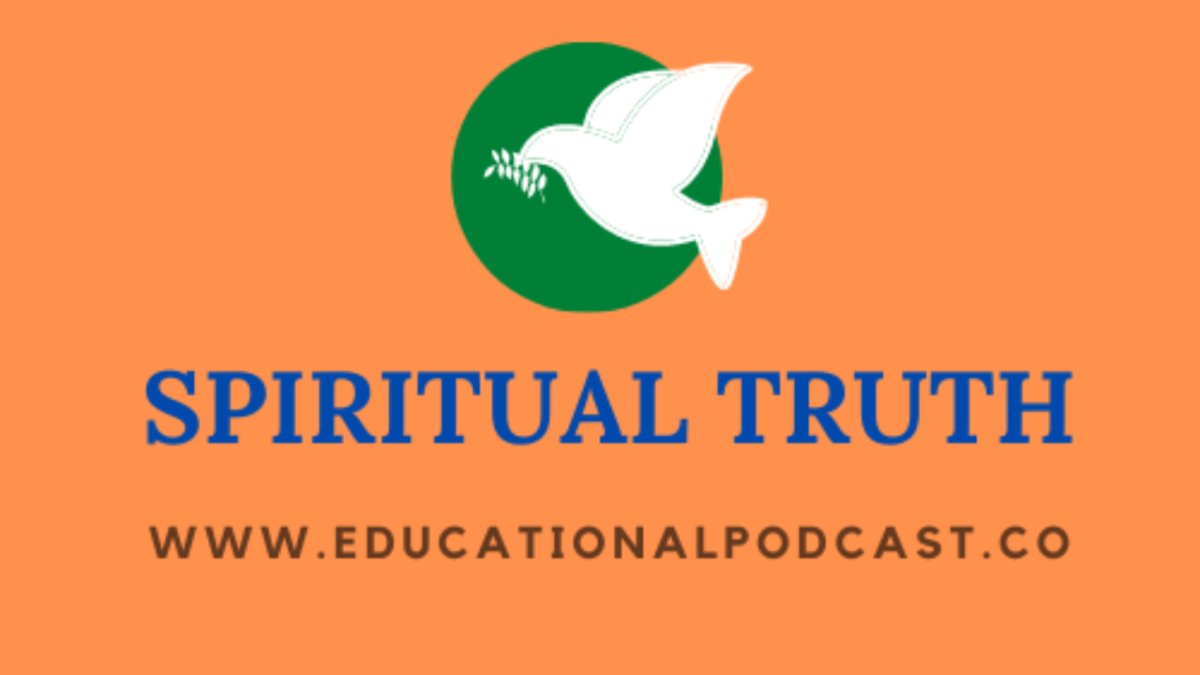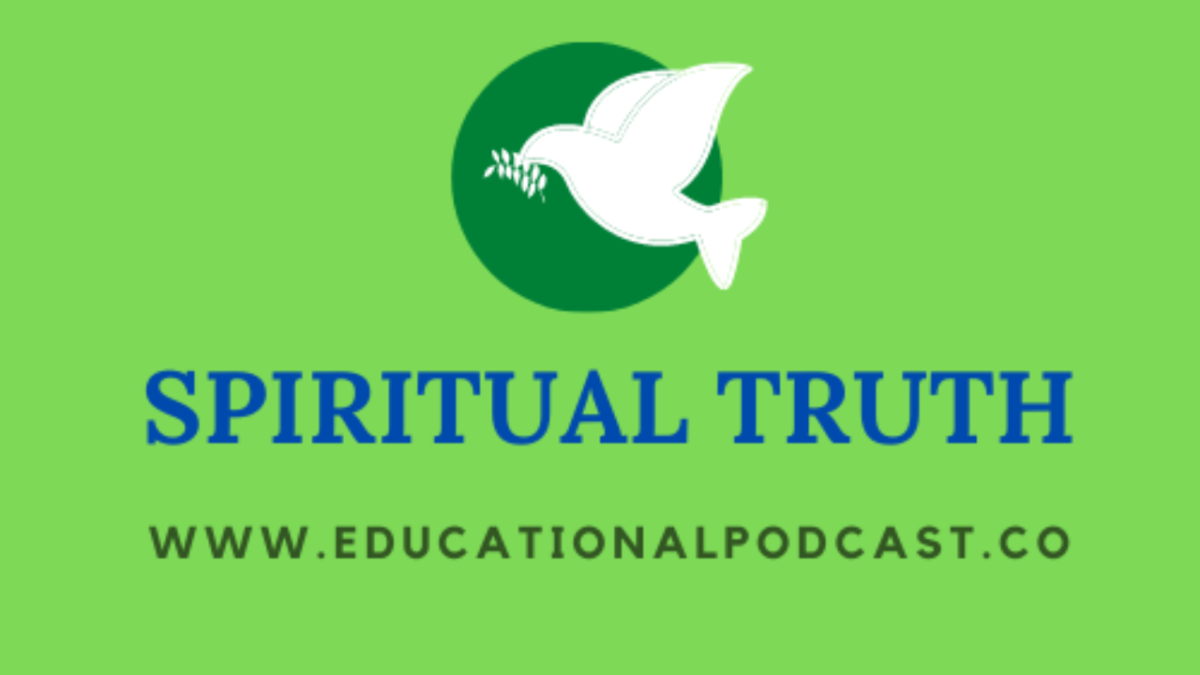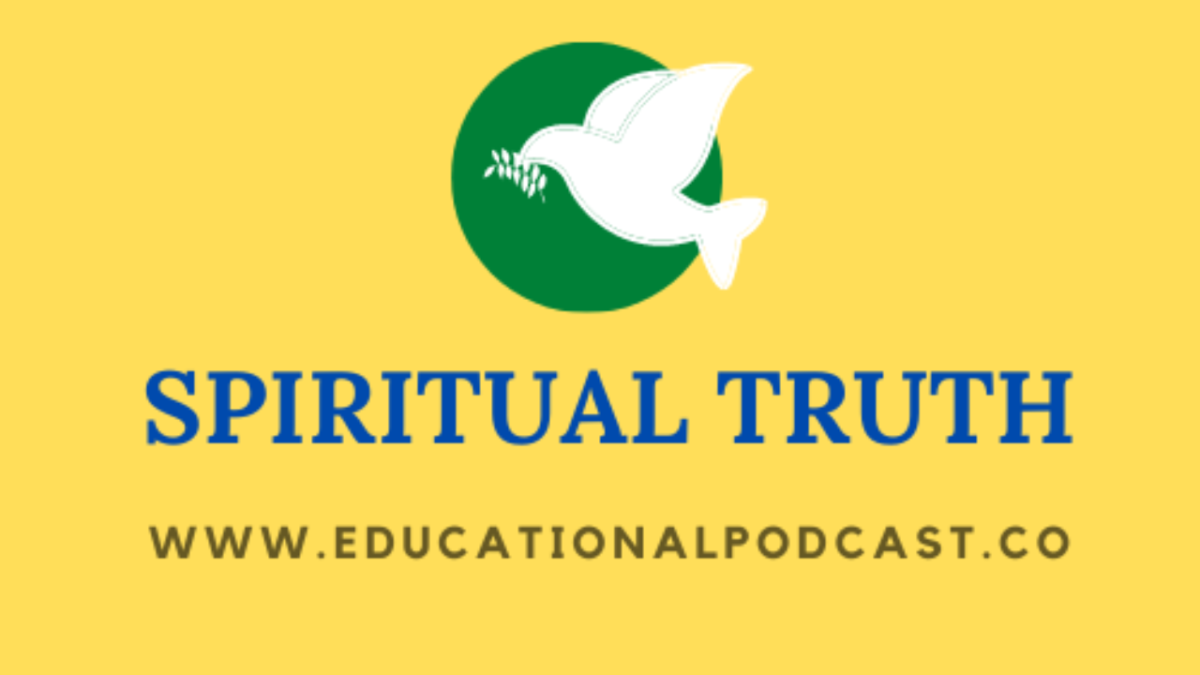The Fourth Commandment of the Ten Commandments of Yahweh, the Father in heaven, from the Scripture
Hello. Welcome back to another episode of the educational podcast, where we delve into the ancient texts of the Bible and explore the timeless wisdom they hold. I’m Elder Dan, your host.
Today, we’re talking about the Fourth Commandment of the Bible, one of the most iconic and widely recognized commandments from the Ten Commandments of the Bible. Join me as we examine the words of Yahweh on the subject of rest and Sabbath.
If you would rather listen to this, just click the play button below. 🙂
The Fourth Commandment in the Ten Commandments of Almighty Yahweh, the Father in heaven, can be found in Exodus 20:8 and Deuteronomy 5:12 in the Holy Scripture. It’s a simple yet profound statement that reads: “Remember the Sabbath day, to keep it holy.”
So, what does this commandment mean? On the surface, it seems straightforward. Yahweh is telling us to remember the Sabbath and set aside one day a week to rest, reflect, and worship. But let’s dig deeper. In ancient Israel, the Sabbath was a day of rest from physical labor. It was a day when people could recharge their energies, spend time with family and friends, and focus on spiritual pursuits.
But there’s more to this commandment than just a day off. The Sabbath is a reminder that Yahweh is the Creator of the universe, and that He is our ultimate provider. It’s a time to acknowledge His sovereignty and trust in His goodness. As we rest, we’re reminded that Yahweh, our Elohim, will love and accept us in His Kingdom by faithfully and sincerely honoring His Sabbath.
So, what day is the appointed day of Sabbath? In the Bible, there’s no ambiguity – it’s Saturday, the Seventh Day. From Genesis 2:2-3, we see that Yahweh rested on the Seventh Day after creating the world. And in Exodus 20:8-11, we’re commanded to remember the Sabbath day and keep it holy.
But why Saturday? Why not Sunday or another day of the week? Well, my friends, it’s because Saturday is the only day that aligns with Yahweh’s creation story. It’s the only day that commemorates His rest and our own rest in Him.
Yes, the Bible explicitly states that the Sabbath is to be observed on the seventh day of the week (Exodus 20:8-11; Deuteronomy 5:12-15). The early Church continued to observe Saturday as their Sabbath day (Acts 13:14; Acts 17:2; 1 Corinthians 16:2).
And let’s not forget that Yahshua Himself kept the Sabbath on Saturday. In Mark 1:21 and Luke 4:16, we see that Yahshua attended synagogue services on Saturday mornings, where He would read scripture and teach about Yahweh’s Kingdom.
So, what does this mean for us today? It means that we should prioritize our Sabbath rest on Saturday. We should set aside time for worship, prayer, and reflection on this day. We should also use this time to connect spiritually with our brothers and sisters in the faith, and to engage in activities that bring us joy and peace.
Yes, we need to prioritize rest and our spiritual life. In today’s fast-paced world, it’s easy to get caught up in workaholic tendencies and neglect our own well-being. But Yahweh says that rest is essential for our spiritual growth and overall health.
Additionally, we can use our Sabbath time to worship Yahweh in creative ways. Whether it’s reading Scripture, singing hymns, or simply enjoying nature, we can use this time to reconnect with our Creator and express our gratitude.
And let’s not forget that the Sabbath is not just about us; it’s also about community. In biblical times, people would often gather together on the Sabbath for worship and to socialize spiritually. We can do the same today by setting aside time with family and friends to share meals, tell stories, and build relationships.
And finally, let’s always remember that keeping the Sabbath is all about honoring Elohim’s creation story. By keeping Saturday as our Sabbath day, we’re acknowledging Yahweh’s sovereignty over all things.
That’s all for today’s episode of the educational podcast, brethren. Join me next time as we explore more of the Bible’s wisdom on living a life that honors Almighty Yahweh and Yahshua the Messiah.
Before I go, let me pray this prayer for you: May Yahweh bless you and keep you; may Yahweh make his face shine upon you and be gracious to you; may Yahweh lift up his countenance upon you and give you peace. I humbly pray these things to Yahweh through Yahshua, the true name of the Messiah, our Master, and coming King, amen. May you have the eyes to see and the ears to hear for this heavenly message. Pray for peace in Yerushalayim. Halleluyah!



